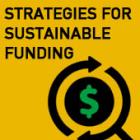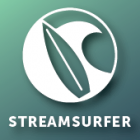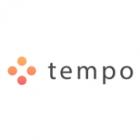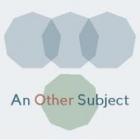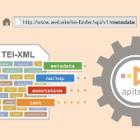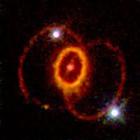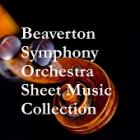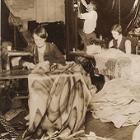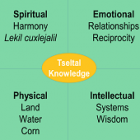
Sistema Integrada de Información y Evaluación Tseltal (SIET)
One Equal Heart Foundation is working with the Tseltal indigenous community in Chiapas, Mexico, to develop the first known Tseltal language library and archive, with the goal of preserving Tseltal language and culture. This Tseltal House of Wisdom is part of a larger community development initiative called Sistema Integrada de Información y Evaluación Tseltal (SIET), which includes a community radio station and fotohistorias-style evaluation project. We conducted capacity-building workshops in Chiapas emphasizing inventory, cataloging metadata, and digitization. We also provided recommendations on archival storage materials, and wrote a paper describing the intersection of Indigenous Systems of Knowledge and LIS theory.

